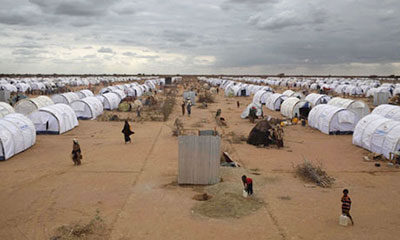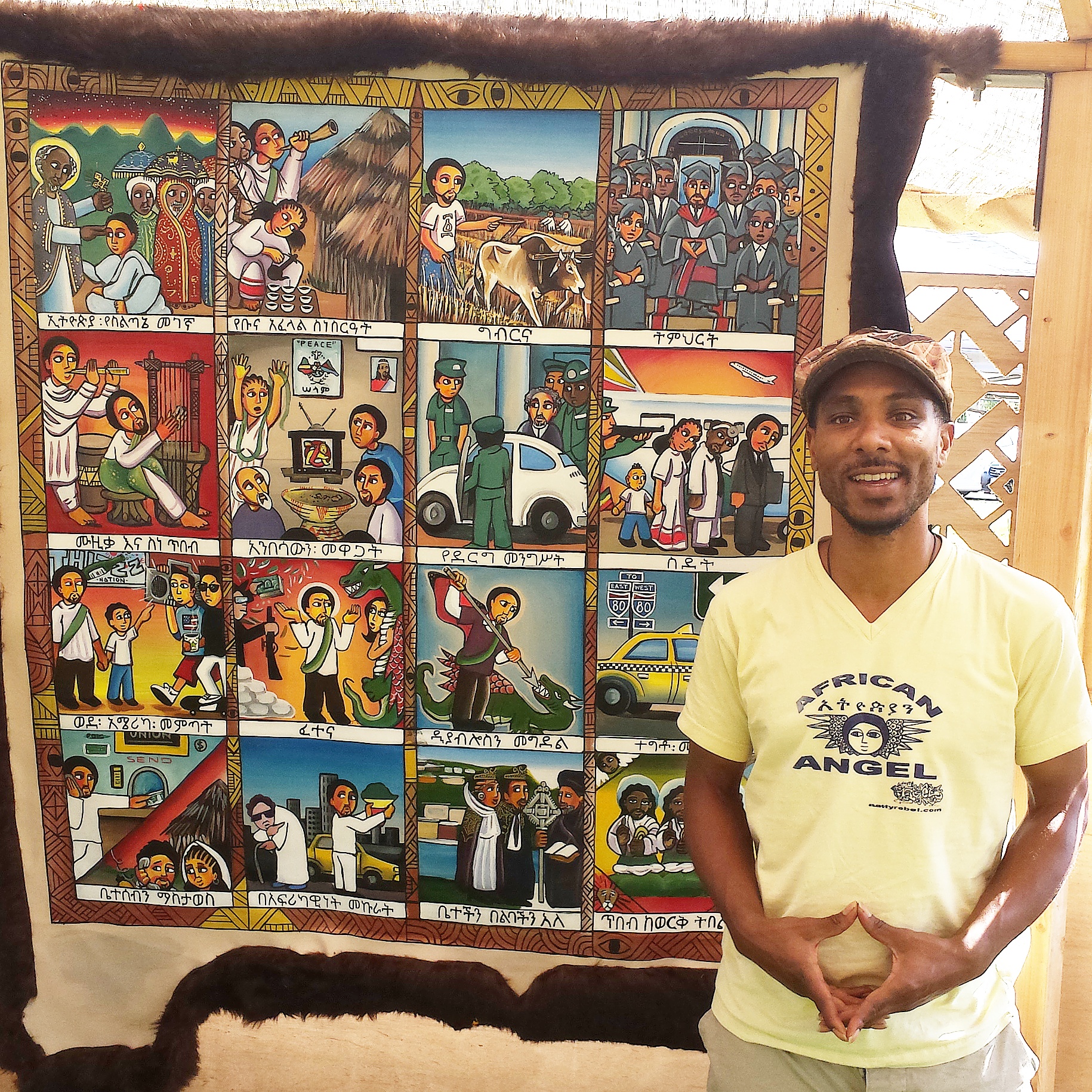 While Kenya has the right to pursue its security interests and protect its people from terrorist attacks, it is important that the country adheres to relevant international conventions it is a signatory to in the repatriation of refugees. On 10 November 2013, the governments of Kenya and Somalia, and the United Nations High Commission for Refugees (UNHCR), signed a tripartite agreement to repatriate Somali refugees from Kenya to ‘safe areas’ in southern Somalia. The exercise was expected to be voluntary.
While Kenya has the right to pursue its security interests and protect its people from terrorist attacks, it is important that the country adheres to relevant international conventions it is a signatory to in the repatriation of refugees. On 10 November 2013, the governments of Kenya and Somalia, and the United Nations High Commission for Refugees (UNHCR), signed a tripartite agreement to repatriate Somali refugees from Kenya to ‘safe areas’ in southern Somalia. The exercise was expected to be voluntary.
Instructively, the idea was conceptualized after the formation of the new Somali Federal Government and the agreement came amid reports that between 30,000 and 80,000 Somali refugees had freely returned to Somalia since January 2013.Coming on the backdrop of the 21 September 2013 terrorist attack on Westgate Mall in Nairobi, however, the renewed impetus by the Kenyan authority to repatriate Somali refugees was/is seen more as a move buttressed by Nairobi’s security concerns. This is particularly evident from allegations that some of the terrorist attackers on Westgate Mall were based or used the Daadab Refugee in North Eastern Kenya as their logistical base. The Kenya government has also maintained that it has been, disproportionately, shouldering the huge burden of the Somali refugees with limited support from the international community.
Of concern, however, is whether or not the current security environment inside Somalia is amenable to voluntary repatriation and if the Kenyan government will observe the human rights obligations relating to Somali refugees as per the 1951 Refugee Convention that emphasizes the principle of non-refoulement to which Kenya is a state party together with its 1967 Protocol and the 1967 OAU Convention governing specific aspects of refugee problems in Africa. The principle of non-refoulement is central to refugee law and provides for the protection of refugees from being returned to places where their lives or freedoms could be threatened.
Following the signing of the tripartite agreement, a number of non-overnmental organisations including the International Rescue Committee (IRC), the Norwegian Refugee Council (NRC), INTERSOS, Action Contra la Faim (ACF) and Tear Fund expressed willingness to work with the parties to the agreement to facilitate the voluntary repatriation process, but pertinently urged for continued consultation and engagement in the ‘processes and plans around solutions and the practical implications of the Tripartite Agreement’. Significantly, a tripartite commission was to be created following the agreement to ‘draft an operational plan and provide policy guidance to effect the provisions of the agreement and regularly evaluate its progress’ and so what constitutes safe areas is still under discussion with refugees. Kenya’s Cabinet Secretary for Interior and Coordination of National Government, Mr. Joseph Ole Lenku, however, insisted that that there was ‘no turning back’, and that it was ‘time to say good bye and wish Somali refugees the best as they go back home.’ Kenya has also argued that the repatriation of refugees will expedite their reintegration inside Somalia and form a basis for rebuilding the Horn of Africa nation.
Read a full analysis on Pambazuka.
By: Hawa Noor
2/5/2014
Photography Credits: Mohamed Abdi Pambazuka




